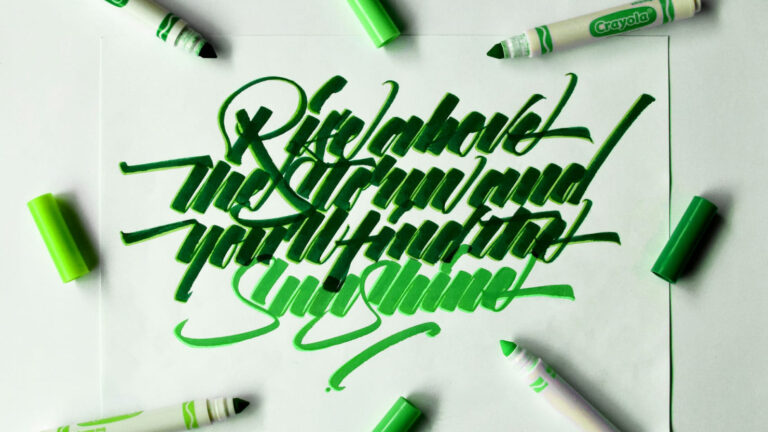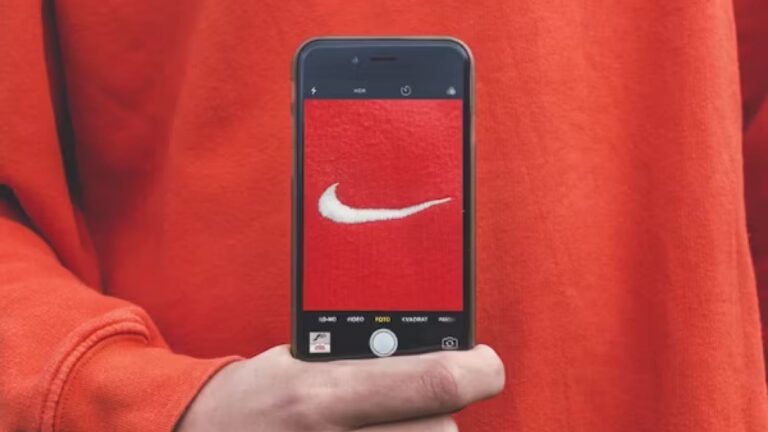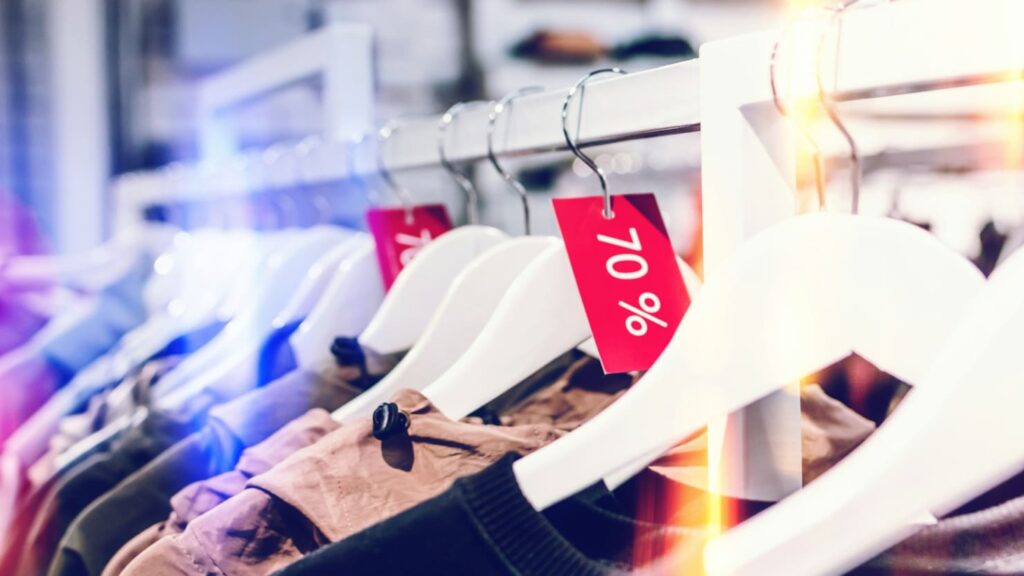
Fashion Marketing Case Study: 5 Iconic Brands That Transformed the Industry
- March 5, 2025
- Bill Nash
- 3:51 am
Fashion marketing is more than just selling clothes—it’s about creating a movement. Some brands go beyond traditional advertising and use bold, innovative strategies to reshape the industry. From social media mastery to sustainability-driven campaigns, these companies have set new standards in fashion marketing.
In this article, we’ll explore five iconic brands that transformed the industry with game-changing marketing strategies. Whether it’s Jacquemus’ viral Instagram campaigns, SKIMS’ inclusivity-focused branding, or Patagonia’s activist approach, these brands prove that great marketing goes beyond product promotion—it’s about creating a brand that people truly connect with.
Table of Contents
Jacquemus: The Social Media Disruptor
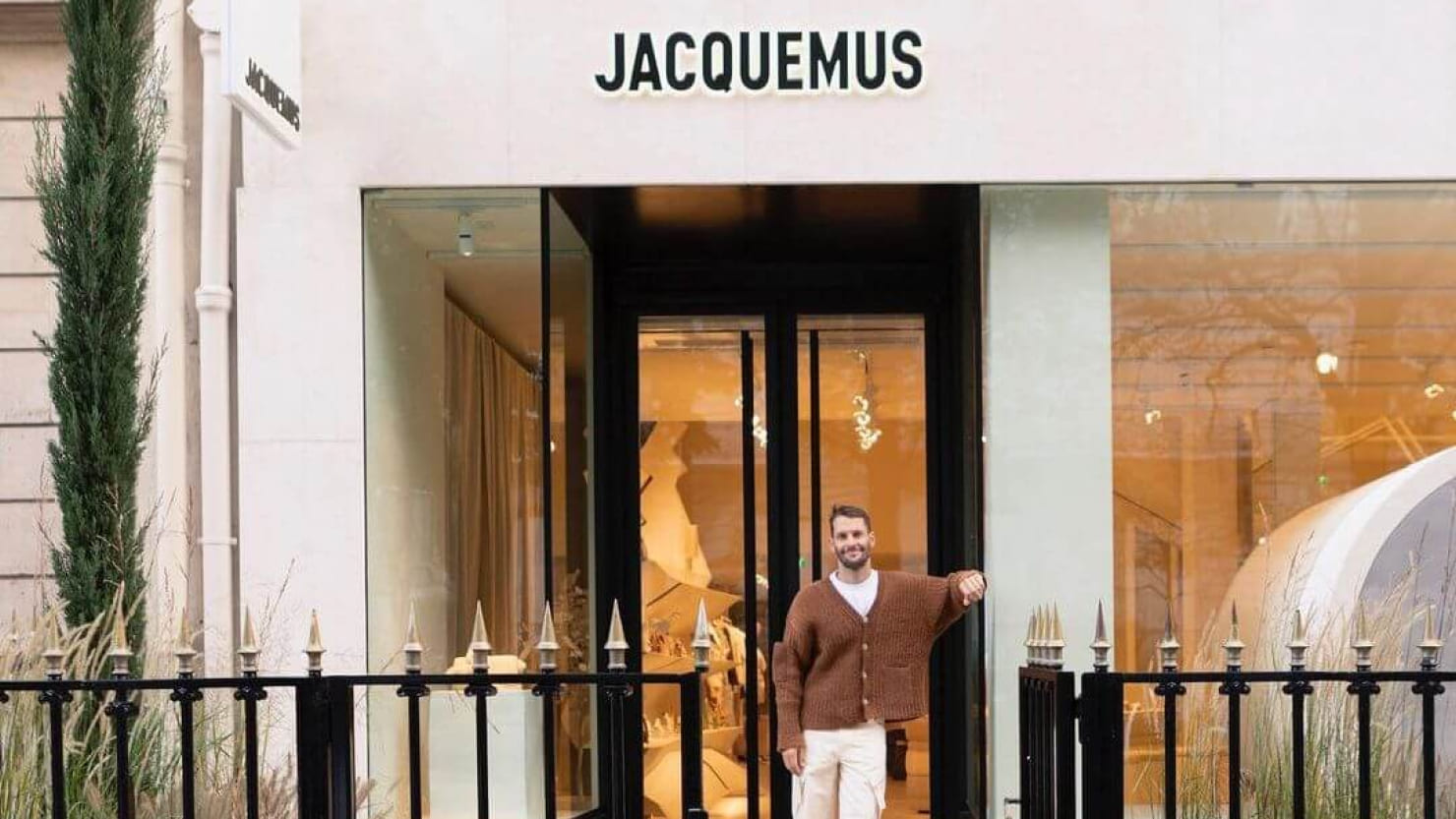
Jacquemus is a brand that mastered the art of Instagram marketing. Founded by Simon Porte Jacquemus, the brand built a strong visual identity—minimalistic, artistic, and effortlessly chic.
Unlike traditional luxury brands that rely on big ad campaigns, Jacquemus used organic social media growth. His personal storytelling, behind-the-scenes content, and dreamlike fashion shows helped the brand go viral.
The “Le Chiquito” Effect
One of Jacquemus’ biggest marketing wins was the launch of the “Le Chiquito” bag. At just a few inches wide, the mini bag became an Instagram sensation. Celebrities, influencers, and everyday users posted about it, turning it into a must-have fashion statement.
This wasn’t just luck—it was strategic social marketing. The brand used a scarcity model (limited stock, high demand) and placed the bag in the hands of highly curated influencers. The result? Massive hype with minimal paid advertising.
Key Takeaways
- Authenticity sells. Jacquemus shares his personal journey, making the brand feel real.
- Social-first strategy. Instead of traditional ads, he focused on viral content and collaborations.
- Exclusivity drives demand. Limited product drops keep consumers eager to buy.
Shein: The Fast Fashion Tech Giant
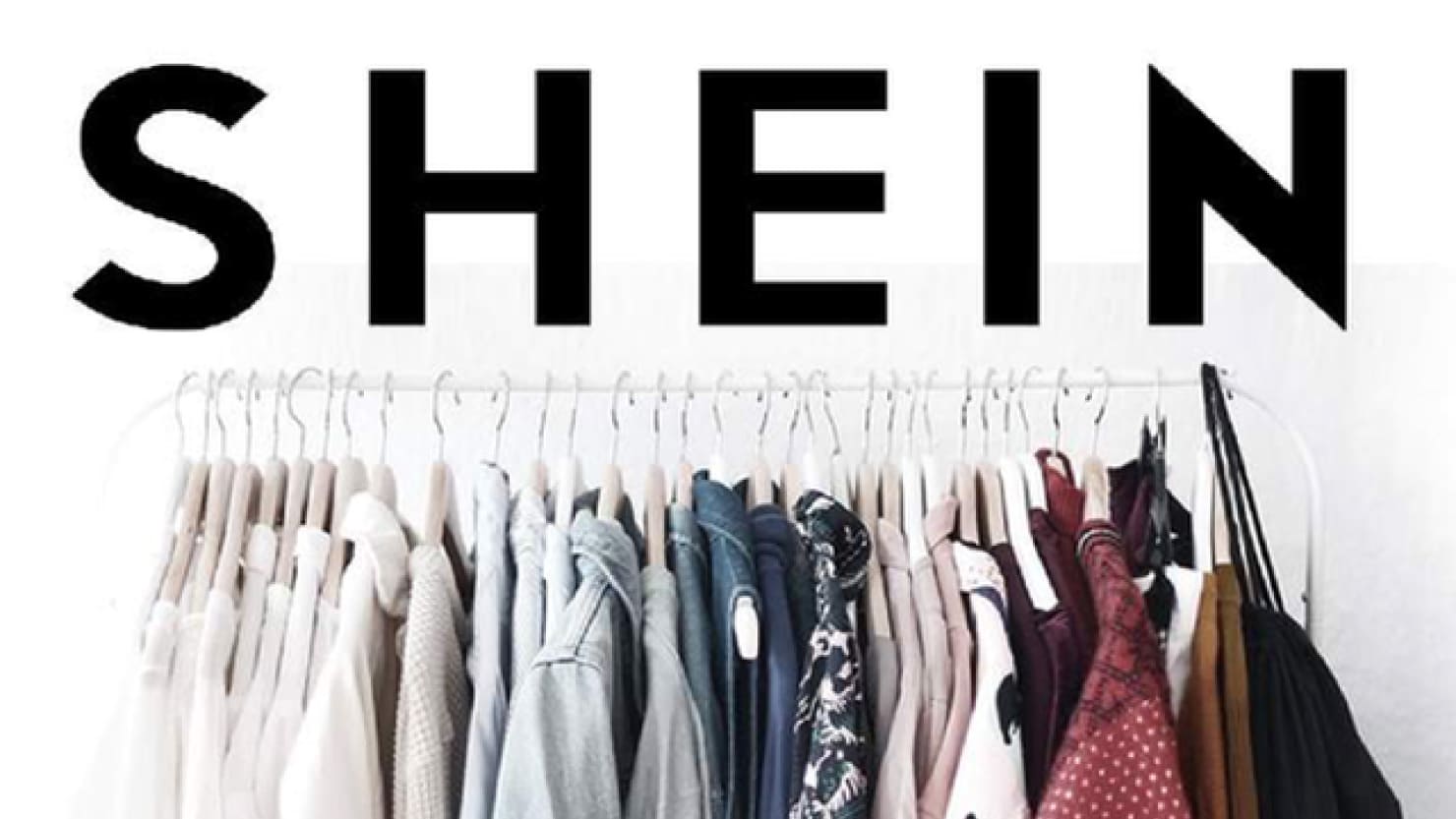
Shein went from an unknown online store to one of the biggest fashion retailers in the world. How? By combining data-driven marketing, influencer collaborations, and AI-powered personalization.
Unlike traditional brands that release seasonal collections, Shein launches thousands of new items every day. The secret? A hyper-fast production cycle fueled by real-time trend tracking.
The Power of TikTok & Micro-Influencers
Shein dominates social media, especially TikTok. The brand’s #SheinHaul trend exploded, with thousands of influencers showcasing their Shein purchases.
Instead of focusing only on celebrity endorsements, Shein taps into micro-influencers—people with smaller but highly engaged audiences. This strategy feels more authentic and relatable, driving massive user-generated content (UGC).
Key Takeaways
- Speed is everything. Shein uses AI to predict trends and launch new products fast.
- Social commerce works. The brand thrives on TikTok virality and influencer partnerships.
- Personalization boosts sales. AI-driven recommendations make shopping addictive.
SKIMS: Redefining Body Positivity & Celebrity Branding
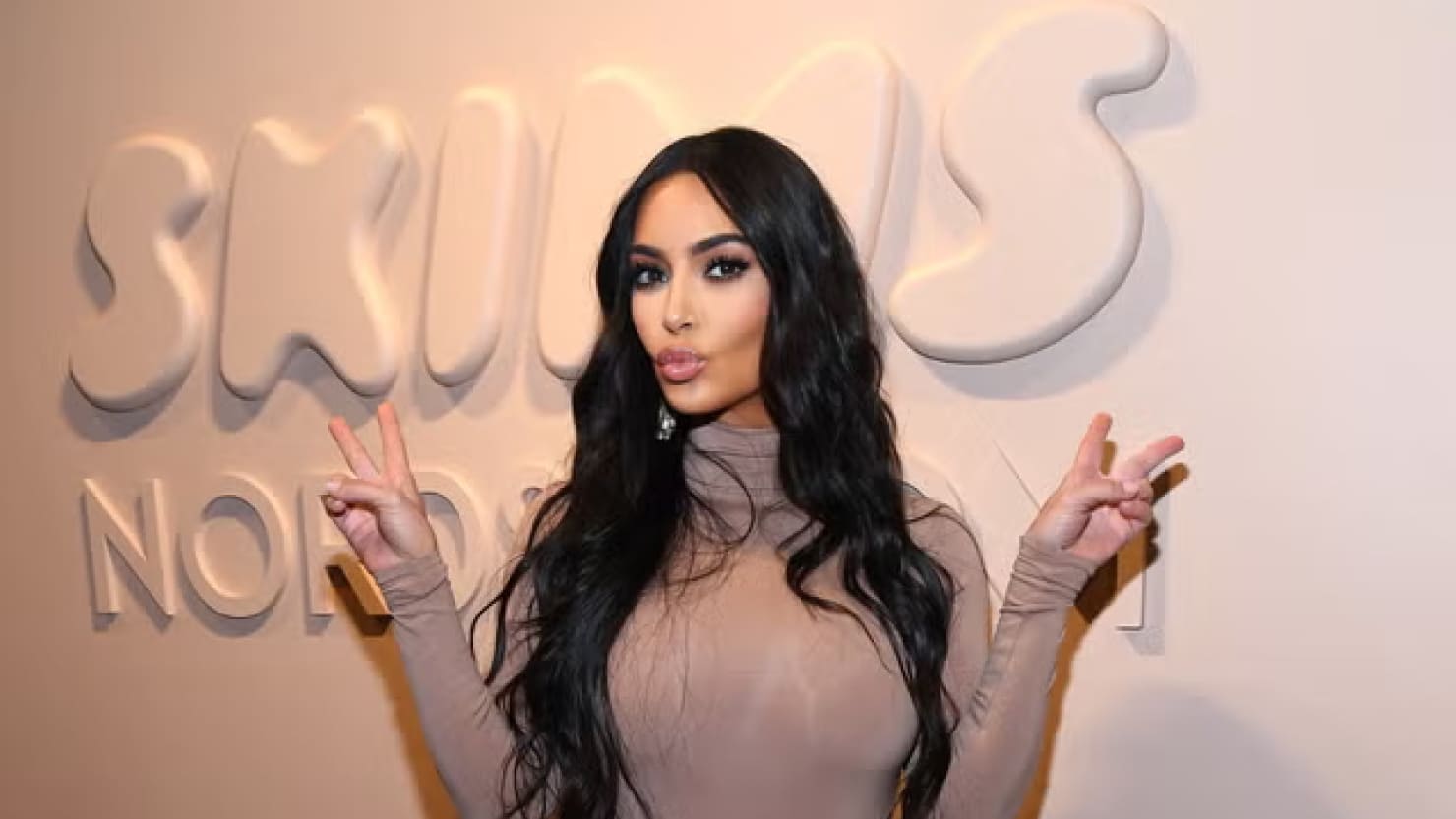
Kim Kardashian turned SKIMS into a billion-dollar shapewear brand. But it’s not just because she’s famous—it’s because she understands marketing.
From the start, SKIMS focused on inclusivity. The brand offers a wide range of sizes and skin tones, making everyone feel represented. This approach filled a gap in the market where most shapewear brands catered to limited body types.
The Power of Limited Drops
SKIMS uses the scarcity model to create hype. Instead of keeping products in stock all the time, they release them in limited drops.
This makes customers feel like they need to act fast. It also keeps demand high and prevents overproduction.
Key Takeaways
- Inclusivity is powerful. People want brands that make them feel seen.
- Scarcity creates urgency. Limited drops keep customers engaged.
- Celebrity influence matters. But the product must also meet real needs.
Patagonia: The Sustainability Trailblazer
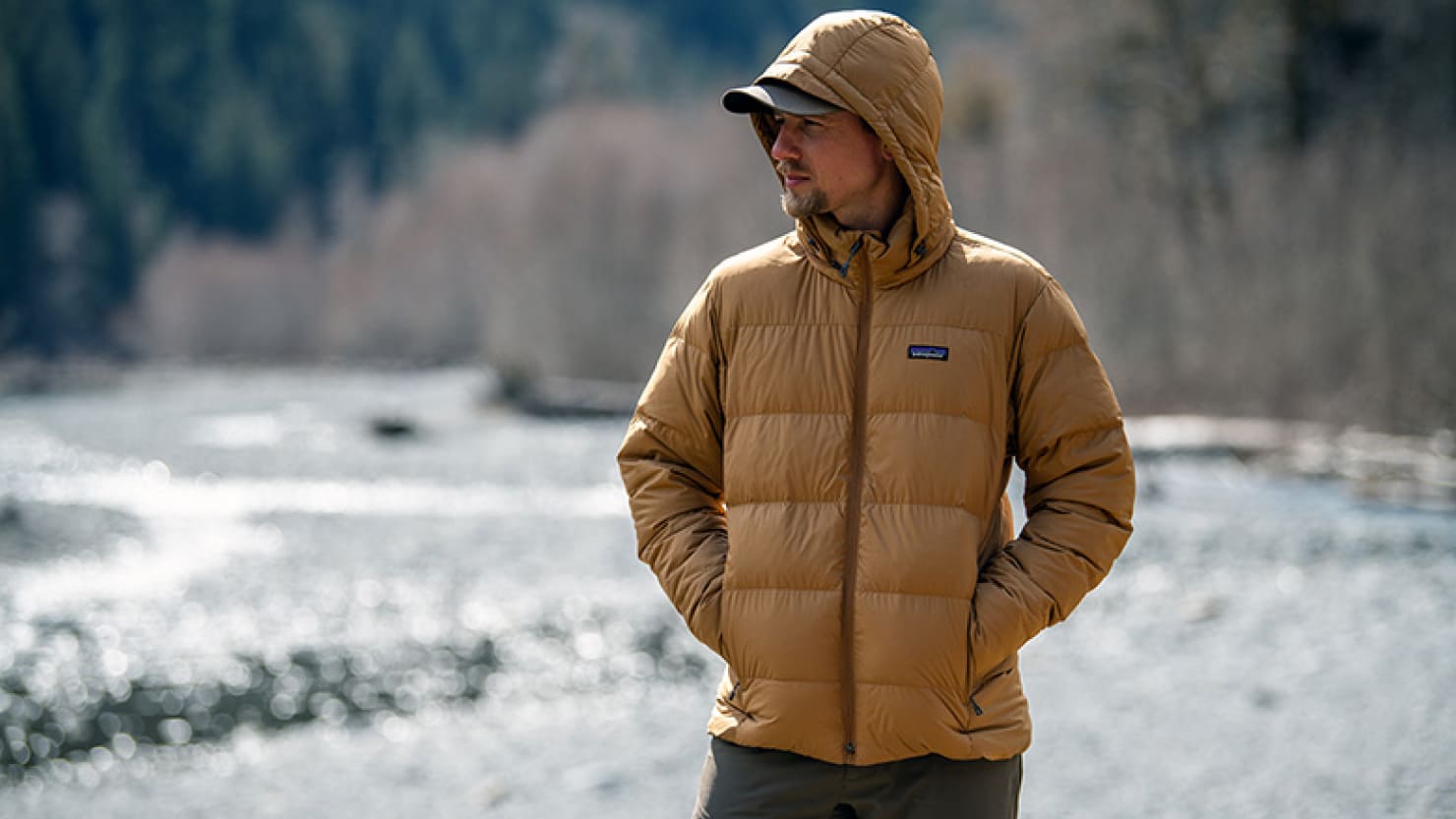
Patagonia isn’t just a clothing brand—it’s a movement. The company built its success by standing for something bigger than profits.
It’s known for sustainable fashion and environmental activism. Instead of pushing people to buy more, Patagonia does the opposite.
The “Don’t Buy This Jacket” Campaign
In 2011, Patagonia ran a shocking ad: a full-page ad in The New York Times that said “Don’t Buy This Jacket”.
The message? Buy less, buy better. Patagonia wanted people to think before making unnecessary purchases. Instead of hurting sales, this bold move boosted brand loyalty and revenue.
Key Takeaways
- Sustainability sells. More people want brands that align with their values.
- Controversial marketing can work. Patagonia’s bold campaign made headlines.
- Loyalty is built on trust. Customers support brands that truly care.
Telfar: The Democratization of Luxury
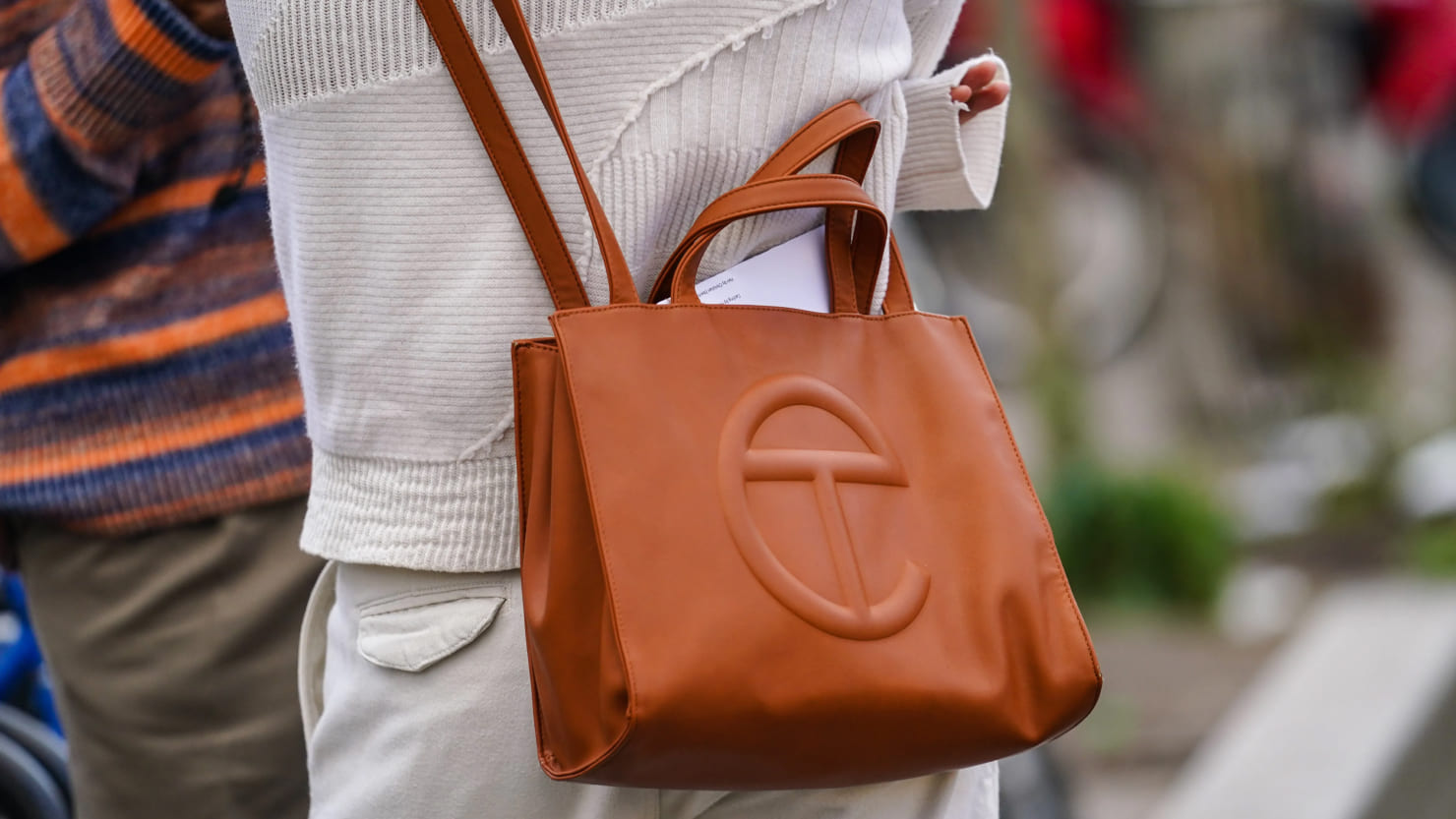
Luxury fashion has always been exclusive—until Telfar changed the game.
Founded by Telfar Clemens, the brand’s motto is “Not for you, for everyone.” Instead of making luxury feel out of reach, Telfar made it accessible and community-driven.
The Bag Security Program
Most luxury bags are hard to get, and resellers drive up prices. Telfar tackled this with the Bag Security Program.
For a limited time, customers could pre-order any bag they wanted—no bots, no resellers. Every order was guaranteed, making luxury shopping fairer.
Key Takeaways
- Community-first branding wins. Telfar listens to its customers.
- Exclusivity isn’t the only way to sell luxury. Accessibility builds loyalty.
- Innovation matters. The Bag Security Program disrupted the industry.

About Marketing LTB
Marketing LTB is a full-service marketing agency offering over 50 specialized services across 100+ industries. Our seasoned team leverages data-driven strategies and a full-funnel approach to maximize your ROI and fuel business growth. Discover how our expertise can drive revenue for your business>

About the author, Bill Nash
Bill Nash is the CMO of Marketing LTB with over a decade of experience, he has driven growth for Fortune 500 companies and startups through data-driven campaigns and advanced marketing technologies. He has written over 400 pieces of content about marketing, covering topics like marketing tips, guides, AI in advertising, advanced PPC strategies, conversion optimization, and others.





